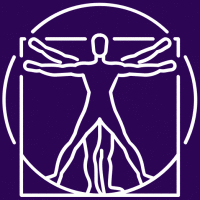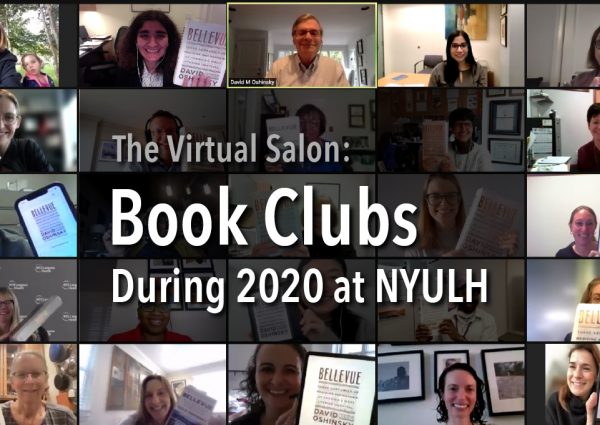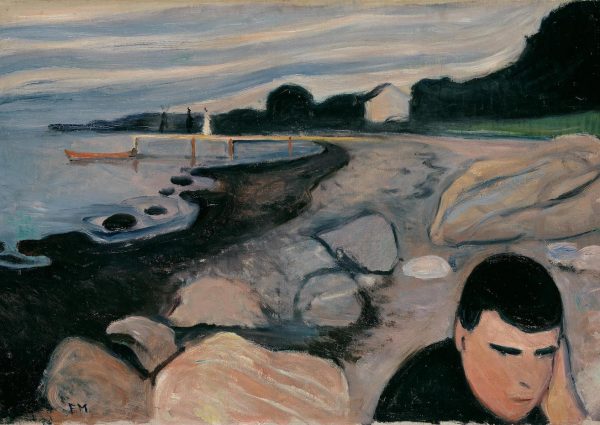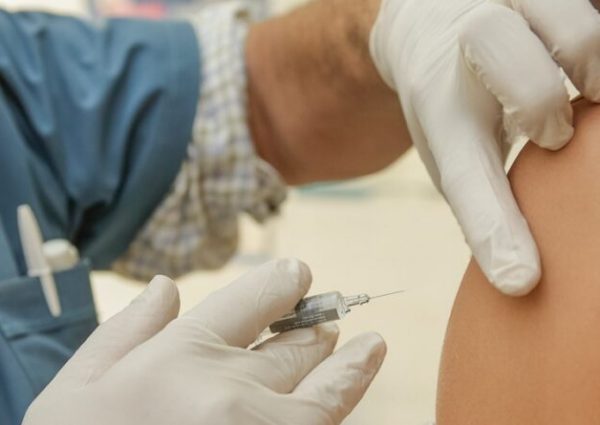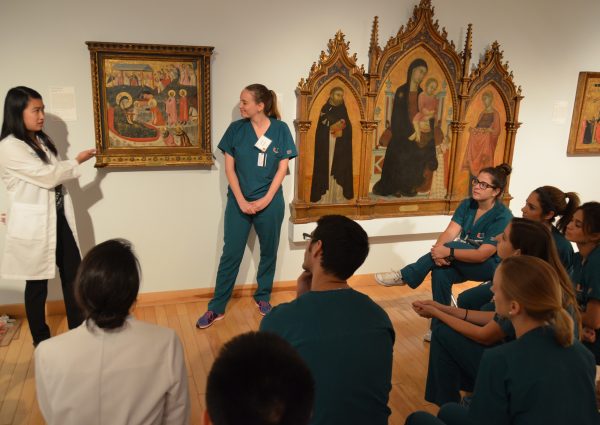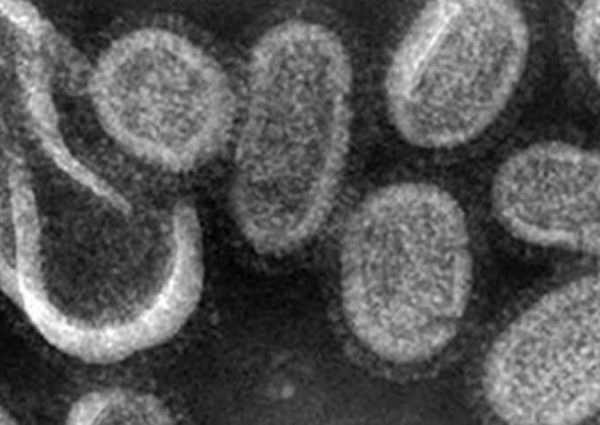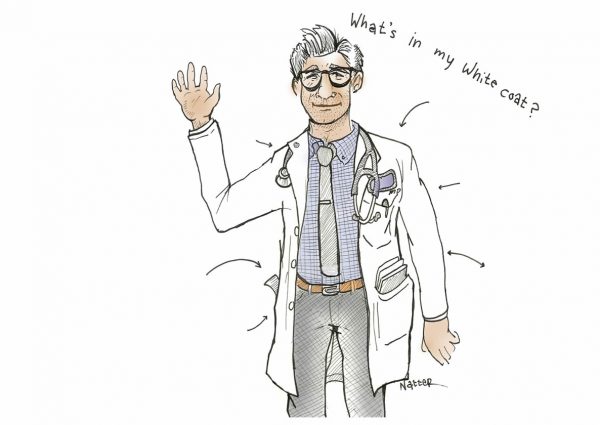INSTITUTION: Northeastern Ohio Universities College of Medicine
PRESENTER: Delese Wear, Ph.D., Associate Professor, Behavioral Sciences; Associate Director, Women and Medicine Program PROGRAM DIRECTOR: Martin Kohn, Ph.D., Director of the Human Values in Medicine Program (email: mfk@neoucom.EDU)
ENROLLMENT: BS/MD; selective; limit: 12
SEMESTER: Spring 2000
LEARNING GOALS: To study selected issues in women’s health from interdisciplinary perspectives, and to appreciate the different kinds of knowledge arising from each.
METHOD OF INSTRUCTION: Discussion
OUTLINE:
Session 1: Introduction and Birth
Introduction: Why are we here? Why study medicine from “nonmedical” perspectives? What does literature in particular say to medical practice? How are issues concerning women’s health differentially portrayed across different domains?
Discussion of readings:
Broyard: “Good Books About Being Sick”
Bohjalian: Midwives
Panel: Nurse-midwives and ob/gyn discuss midwifery
Session 2: Breast Cancer
Discussion of readings:
Yalom: “The Medical Breast: Life-Giver and Life-Destroyer,” “The Liberated Breast: Politics, Poetry and Pictures”
Ostriker: “The Bridge,” “The Gurney,” “Riddle: Post-Op,” “Mastectomy,” “What Was Lost,” “December 31,” “Wintering,” “Normal,” “Epilogue”
Henderson-Holmes: “Snapshots of Grace”
Matuschka: “Barbie Gets Breast Cancer”
Butler & Rosenblum: “Living in My Changing Body,” “Living in an Unstable Body”
Panel: Women who have had breast cancer
Session 3: Body Image
Video: Slim Hopes
Discussion of readings:
Houston: “Out of Habit, I Start Apologizing”
Sparks: “Skanks”
Quindlen: “Happy 35th birthday, Barbie”
Yalom: “Fat Lady”
Video: Welcome to the Doll House
Session 4: Motherhood & Abortion
Discussion of readings:
Brooks: “The Mother”
Clifton: “the lost baby poem”
Selzer: “Abortion”
Walker: “The Abortion”
Massad: “Healers”
Hemingway: “Hills Like White Elephants”
Lessig: The Fifth Child
Video: When Abortion Was Illegal
Silent Scream
Session 5: Domestic Violence
Discussion of reading:
Quindlen: Black and BlueVideo: Defending Our Lives
Session 6: Infertility/Reproductive Technologies
Discussion of readings:
Cherry: “What I Don’t Tell People”
Bruce: “A Valediction in the Waiting Room”
Shacochis: “Missing Children”
Janowitz: “Bringing Home Baby”
Bialosky: “Ex Utero”
Guest speaker: Dixie Benshoff, Ph.D: psychological impact of infertility on women & couples
Bryan Hecht, M.D.: reproductive technologies
Video: Secrets and Lies
Session 7: Family Violence
Discussion of readings:
Allison: Bastard out of CarolinaVideo: Bastard out of Carolina
Session 8: Menopause & Aging
Discussion of readings:
Appel: “Meaning Menopause”
Clifton: “to my last period”
Clifton: “poem to my uterus”
Wells: “Blood Stop”
McCann: “Forty-Five”
LeGuin: “The Space Crone”
Levertov: “A Woman Alone”
Piercy: “The Watch”
Piercy: “Something to Look Forward To”
Video: Harold and Maude
Wrap up/evaluation
REQUIREMENTS:
1. Outside of class, students are required to visit/attend/observe the following providers of health care in community settings which usually takes place in the evening:
Planned Parenthood of Bedford (first trimester abortions)
a counseling session for batterers
Every effort will be made to place students in sites closest to their homes.
2. Write a reflective response (no more than one page) to be turned in at the beginning of each class that chronicles your reactions (not simply a retelling) to the readings and the community/clinical experiences when applicable. First entry due at the first class meeting. 3. Write a paper that ties together this interdisciplinary month using one of the topics. At the heart of this paper will be an elaboration of how understandings are differentially produced across different domains. For example, how do literary portrayals of abortion differ from what you know clinically about the procedure and what you witnessed in the Planned Parenthood clinic? What kind of knowledge arose out of each of those experiences for you? How did each affect you? Which portrayal/experience was most “trustworthy” for you? 3-5 pages, typed
